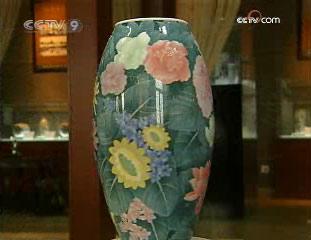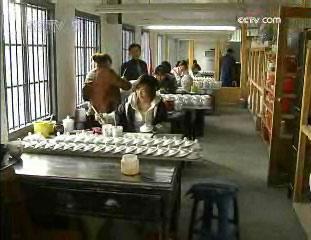Source: CCTV.com
12-11-2008 11:06
Recognized as an indispensable component of the country's market economy, the private sector now comprises 60 percent of the country's total number of companies. But 30 years ago, the sector was all but nonexistent in China.
 |
| The porcelain painted all Mr. Huang's workshop. |
Mr. Huang is the owner of a medium-sized porcelain workshop, where he and his fellow workers craft and paint all these beautiful pieces by hand. He then sells them all over the country and to many parts of the world. Mr. Huang says that when he was younger, he never dreamed of doing this job that he loves and being able to own his own company.
Huang Yongping, Ciyitang Co. said "In the 70s, I was a teacher at a middle school. I taught math and painting."
Mr. Huang's factory is in a small town called Liling in central China's Hunan province. In the first 30 years after new China was founded in 1949, the country was dominated by the state-owned economy. People in private business were considered to be practicing capitalism, which was prohibited.
 |
| Mr. Huang's workshop. |
But things began to change in 1978, when party leaders began reexamining the structure of ownership. Four years later, the reform policy progressed with an important change in the Chinese Constitution. The private sector was no longer denounced as an evil of capitalism, but was regarded as a necessary supplement to the public economy.
